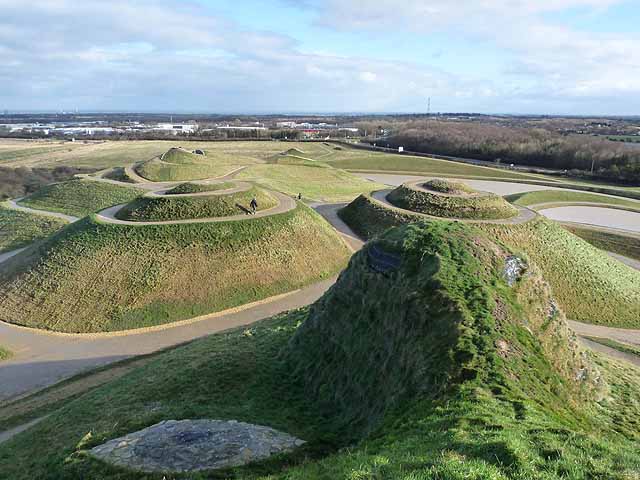
UK Expansion Visa Services in Northumberland with Rumesh UK Immigration
Looking to secure a UK Expansion Visa in Northumberland ? At Rumesh UK Immigration, we are committed to providing expert immigration services to help you navigate the complex process of obtaining a UK Expansion Visa. Whether you’re a professional seeking opportunities or a business looking to expand in Northumberland, our tailored services ensure that your application is handled efficiently and accurately.
What is the UK Expansion Visa ?
The UK Expansion Visa is designed for individuals or businesses looking to live, work, or establish operations in Northumberland and the rest of the UK. This visa also known as UK Expansion Worker Visa. With this visa, you can:
- Gain access to the competitive job market in Northumberland.
- Start or expand your business in the thriving economy of Northumberland.
- Secure long-term residency in Northumberland with a pathway to settlement in the UK.
- Benefit from the freedom to live and work across the UK while based in Northumberland.
At Rumesh UK Immigration, we specialize in assisting individuals and businesses in Northumberland with the UK Expansion Visa application, ensuring your success.
Benefits of the UK Expansion Visa in Northumberland
The UK Expansion Visa offers a wide range of benefits for those looking to live and work in Northumberland, including:
- No Sponsorship Needed: Apply for the UK Expansion Visa without needing an employer to sponsor you.
- Work Flexibility: The UK Expansion Visa allows you to work freely in Northumberland, whether as an employee or a business owner.
- Pathway to Permanent Residency: With a successful UK Expansion Visa application, you can achieve permanent residency in Northumberland.
- Freedom of Movement: The UK Expansion Visa allows you to travel easily in and out of the UK, while making Northumberland your base.
How We Help with Your UK Expansion Visa in Northumberland
Our comprehensive services at Rumesh UK Immigration are designed to guide you through every step of your UK Expansion Visa application in Northumberland:
- Eligibility Consultation: We evaluate your situation and determine your eligibility for the UK Expansion Visa in Northumberland.
- Document Preparation: We help gather and prepare all necessary documents for a smooth application process in Northumberland.
- Application Review: We review your application for the UK Expansion Visa in Northumberland to ensure all requirements are met.
- Support Throughout the Process: Our team provides continuous updates and advice throughout the process to ensure your UK Expansion Visa application in Northumberland is successful.
Contact Rumesh UK Immigration
Ready to begin your UK Expansion Visa journey in Northumberland]? Contact us today for expert guidance and a seamless immigration experience.
- Phone: +44 015 151 2553
- Email: info@rumeshjanqwz.site
- Office: 123 Main Street London, United Kingdom
Location Info – Northumberland
Northumberland ( nor-THUM-bər-lənd) is a ceremonial county in North East England, bordering Scotland. It is bordered by the Scottish Borders to the north, the North Sea to the east, Tyne and Wear and County Durham to the south, and Cumbria to the west. The town of Blyth is the largest settlement.
The county has an area of 5,013 km (1,936 sq mi) and a population of 320,274, making it the least-densely populated county in England. The south-east contains the largest towns: Blyth (37,339), Cramlington (27,683), Ashington (27,670), and Morpeth (14,304), which is the administrative centre. The remainder of the county is rural, and the largest towns are Berwick-upon-Tweed (12,043) in the far north and Hexham (13,097) in the west. For local government purposes the county is a unitary authority area. The county historically included the parts of Tyne and Wear north of the River Tyne.
The west of Northumberland contains part of the Cheviot Hills and North Pennines, while to the east the land becomes flatter before reaching the coast. The Cheviot (815 m (2,674 ft)), after which the range of hills is named, is the county’s highest point. The county contains the source of the River North Tyne and much of the South Tyne; near Hexham they combine to form the Tyne, which exits into Tyne and Wear shortly downstream. The other major rivers in Northumberland are, from south to north, the Blyth, Coquet, Aln, Wansbeck and Tweed, the last of which forms part of the Scottish border. The county contains Northumberland National Park and two national landscapes: the Northumberland Coast and part of the North Pennines.
Much of the county’s history has been defined by its position on a border. In the Roman era most of the county lay north of Hadrian’s Wall, and the region was contested between England and Scotland into the Early Modern era, leading to the construction of many castles, peel towers and bastle houses, and the early modern fortifications at Berwick-upon-Tweed. Northumberland is also associated with Celtic Christianity, particularly the tidal island of Lindisfarne. During the Industrial Revolution the area had significant coal mining, shipbuilding, and armaments industries.